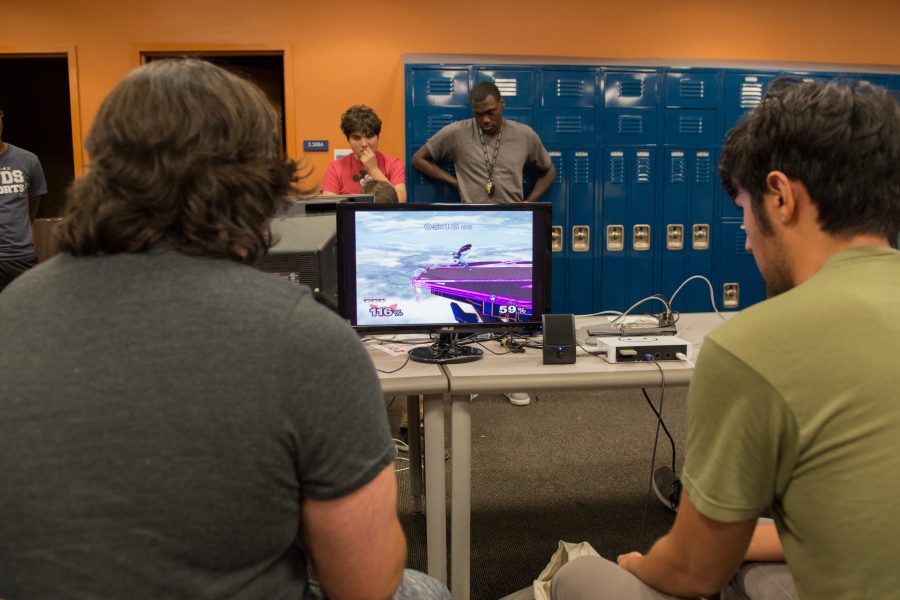Electronic Sports, also known as eSports, have gained a lot of momentum within the past few years, and the growth of professional gaming does not show any signs of slowing down.
Earlier this month, Complexity Gaming announced the launch of North America’s Professional eSports Association. For the North American gaming community, this announcement was exciting.
For those unfamiliar with eSports, the term encompasses a variety of video games that are played competitively at a professional level.
Participation in and spectatorship of competitive gaming began increasing in the late 2000s and early 2010s. Like other sports, there are different levels of competition including amateur, collegiate and professional.
As the popularity of eSports continues to grow in North America, some popular athletes have recently become investors in the industry.

In March, TMZ reported on Shaquille O’Neal and Alex Rodriguez’s respective investments into NRG eSports. The two mega-stars joined former MLB player Jimmy Rollins as investors and advisors for the company, which has teams that compete in seven different games including Counter Strike: Global Offensive and League of Legends.
eSports already has a large following in other countries, most prominently South Korea. There, the biggest eSports players are celebrities.
In a 2014 New York Times article, Paul Mozur described eSports as a South Korean national pastime. In his article, Mozur described groups of people meeting at Internet cafes (known in S. Korea as PC bangs) and watching each other play League of Legends, cheering and yelling during matches.
“The prowess of the country’s eSports players is a point of national pride,” Mozur explained.
While professional gaming is the focus of eSports, it is still a relatively new concept in mainstream sports culture, and there is some controversy in labeling professional gaming a sport.
There are many arguments both for and against the label, but the most notable argument came from ESPN President John Skipper when he said eSports was “not a sport—(they’re) a competition.”
Skipper is not alone in his opinion of professional gaming; many people do not consider it a sport because of the lack of physical demand.
On the other hand, many traditional professional athletes have come to the defense of professional gaming.
NBA player Gordan Hayward, who plays League of Legends, said “(Professional gamers are) professionals in every sense of the word, and that means that they’re training eight to 10 hours a day. It just so happens that their training doesn’t require them to lift weights or run around.”
Its status as a sport has not been a concern for many investors who have been eager to get involved in this growing market.
This summer, TBS debuted ELeague, a live gaming tournament in Counter Strike: Global Offensive. The tournament, which had a $1.2 million prize pool, ran for 10 weeks via online streaming and cable broadcasts.
Although the cable broadcasts aired Friday nights at 9 p.m. CST and often ran for more than two hours, the tournament managed to average over half a million views, not to mention the millions who watched online throughout the week.
With technology constantly progressing, it is no surprise that professional gaming has become such a popular pastime.
Viewership of games and tournaments is steadily increasing, and, although eSports spectatorship isn’t in the same ballpark as football or basketball, if recent investments are any indicator, eSports is well on its way.
For a firsthand eSports experience, you can watch the League of Legends World Championship on Twitch.tv which begins Sept. 29 or check out UTSA’s on campus eSports group.



